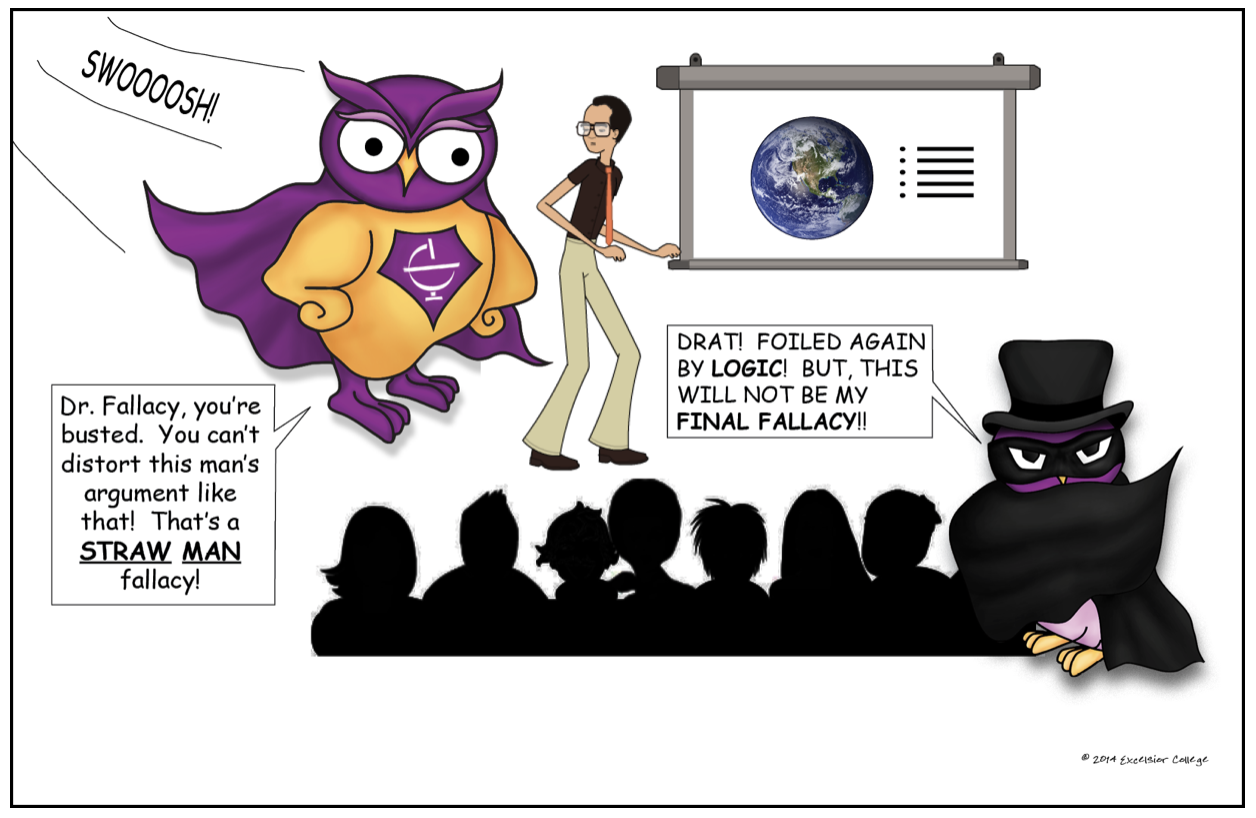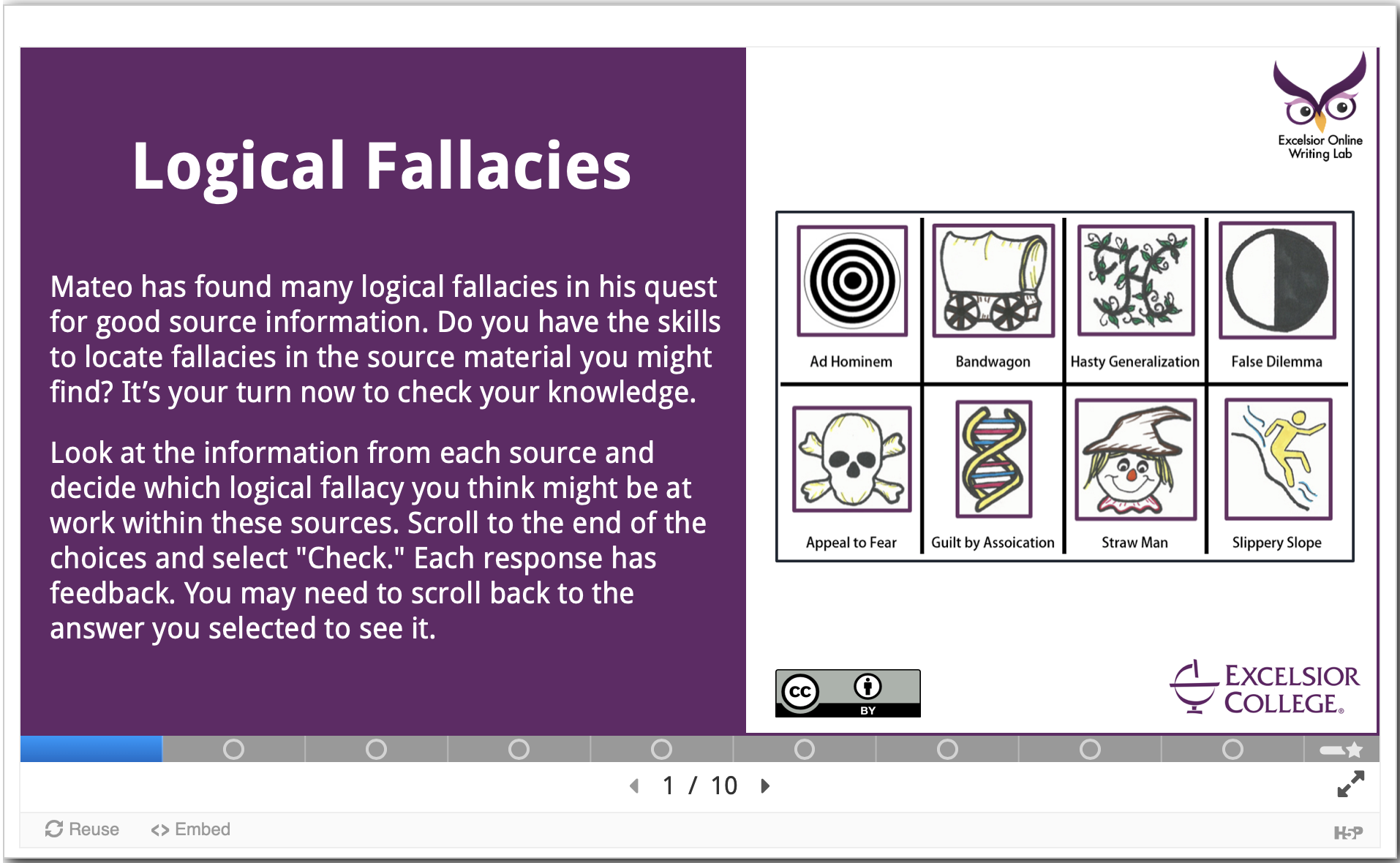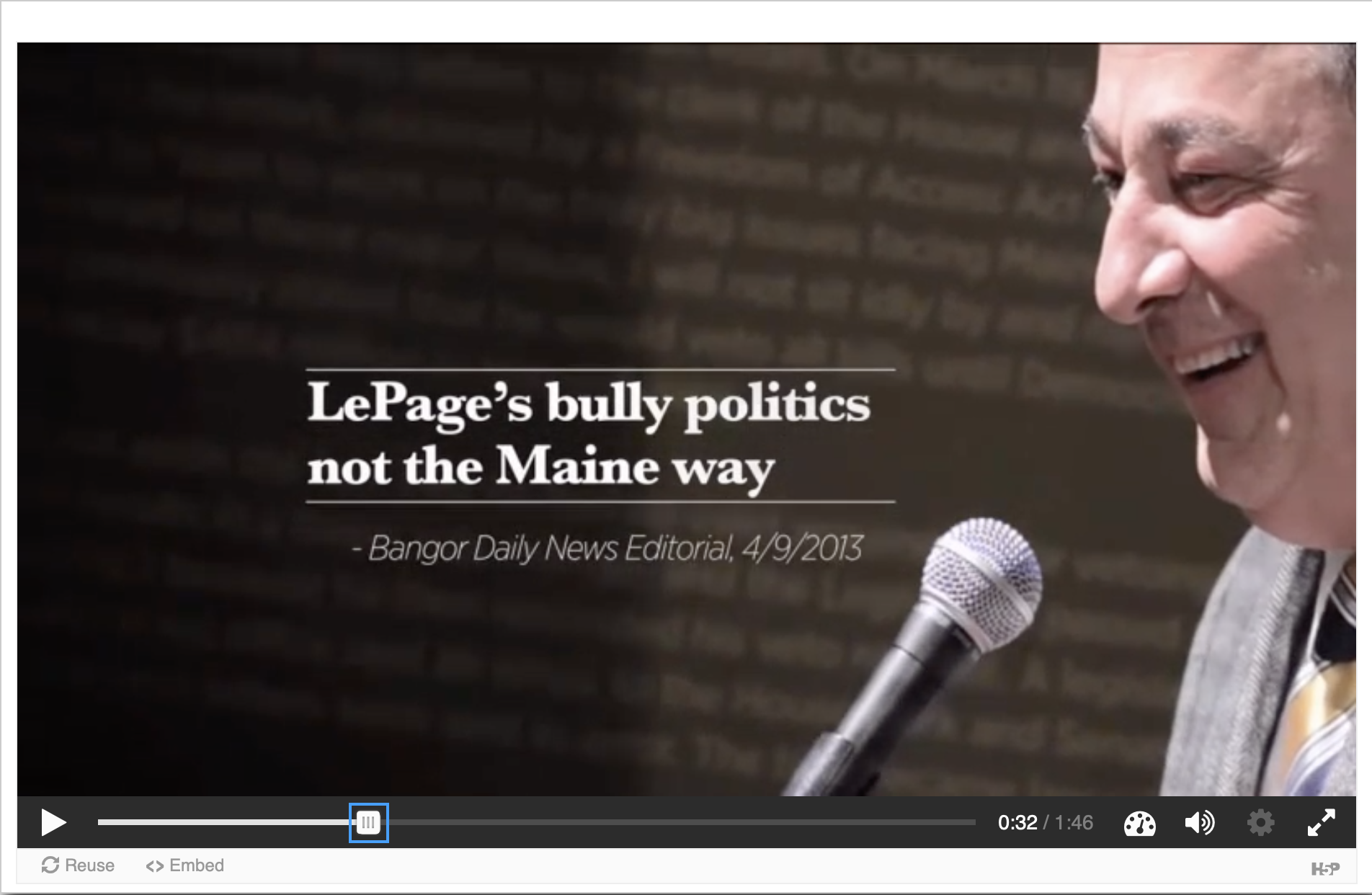The Professor’s Perch: Don’t Be Fooled by Logical Fallacies
By Dr. Francesco Crocco
The Professor’s Perch is a weekly column offering teaching tips for how to use the Excelsior OWL to help students improve their reading and writing skills.

Have you ever read or heard an argument that you knew just didn’t make sense? For instance, maybe you heard someone reason that since their area experienced a harsh winter this year, climate change must be a hoax. While their initial observation might be true, their conclusion is a hasty generalization that does not factor in all of the evidence. This is an example of a logical fallacy.
In today’s world, with all the dubious information trafficked on social media, conventional media, and other sources, it can be difficult to separate fact from fiction and what seems logical from what is logical. Luckily for us, the Excelsior OWL offers a complete section devoted to identifying, explaining, and avoiding eight of the most common logical fallacies. The erroneous eight include the straw man fallacy, the false dilemma fallacy, the hasty generalization fallacy, the appeal to fear fallacy, the ad hominem fallacy, the slippery slope fallacy, the bandwagon fallacy, and the guilt by association fallacy.
This section uses a novel approach to presenting and debunking these fallacies: colorful comic strips that depict an epic conflict between Captain Logic (an owl caped crusader) and Dr. Fallacy (his owl arch nemesis). For instance, on the straw man fallacy page, Dr. Fallacy mounts a straw-man critique of an instructor, but Captain Logic swoops in just in time to debunk his logical fallacy.

After explaining all eight logical fallacies in this way, users can put together what they’ve learned by watching two videos. In the videos, a fictional character named Mateo applies the information on logical fallacies to find credible sources for his research project. After the videos, you can scroll down to the bottom of the video page to complete a multiple-choice activity that lets you review what you’ve learned about logical fallacies.

But the logical fallacies section is not over yet. Next, there’s a short video in which a student examines advertisements for logical fallacies. Then, there’s another short video in which a student walks us through a revision of her essay focused on eliminating logical fallacies from her writing.
The section on logical fallacies in the Excelsior OWL is a great resource for researchers and writers looking to avoid citing false or illogical sources and making logical fallacies of their own. It’s also a great resource for anyone looking to avoid being fooled by seemingly reasonable, yet utterly illogical arguments.
